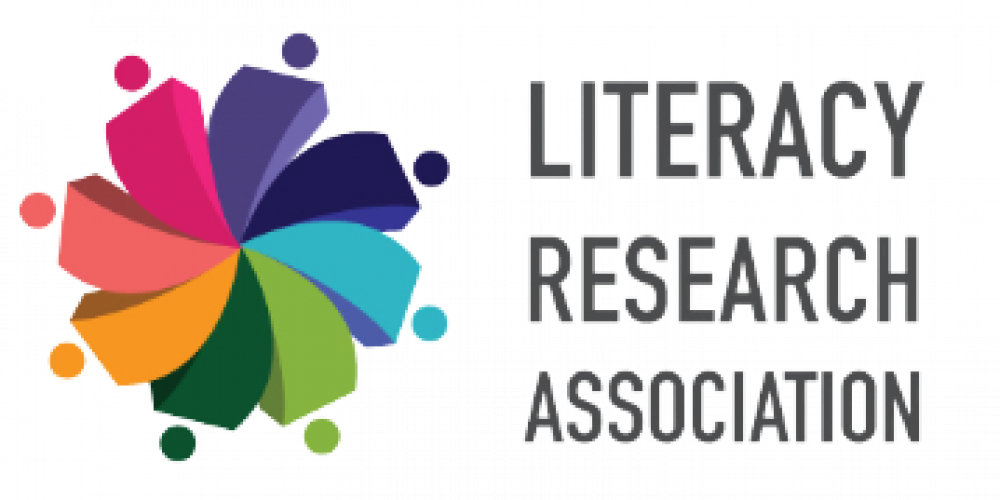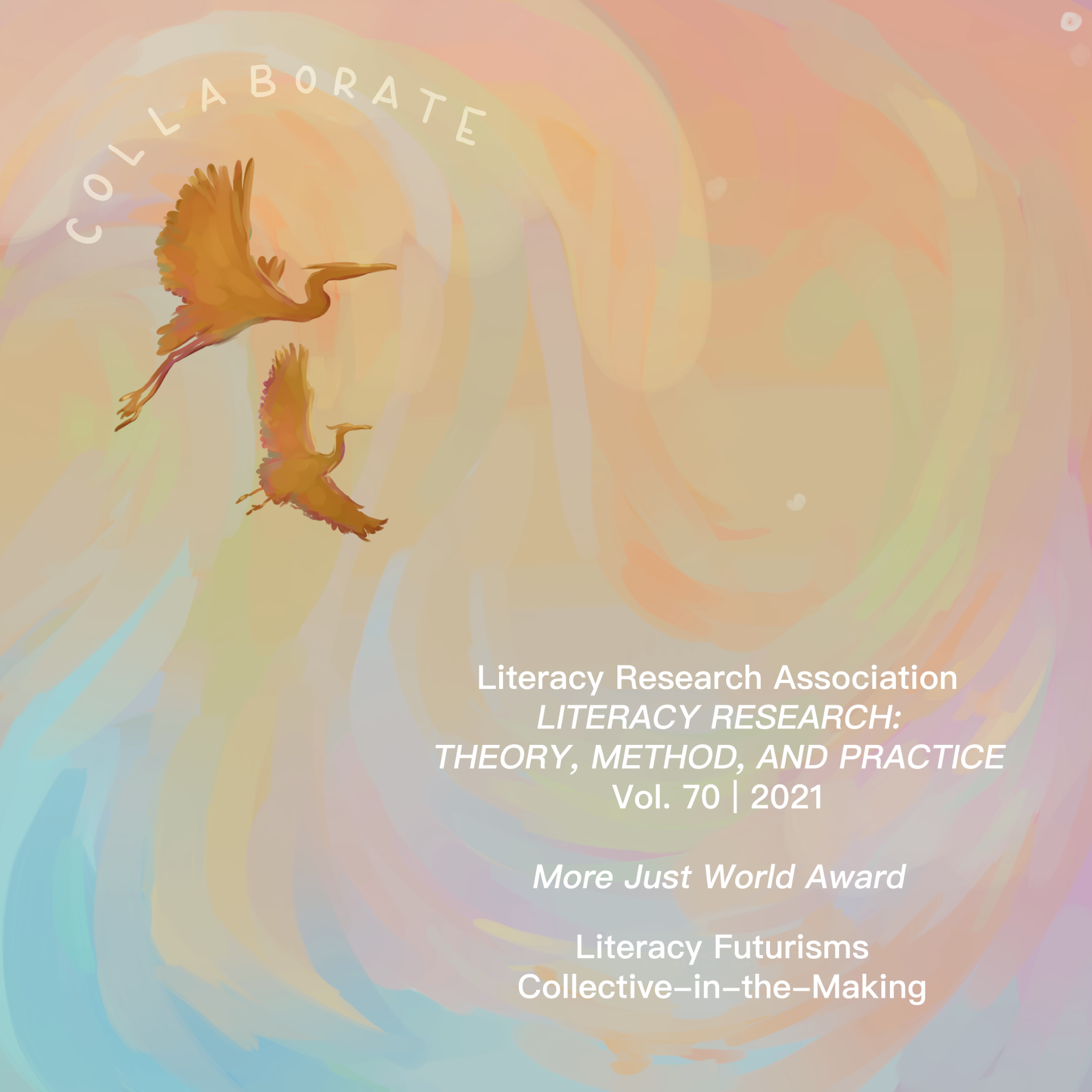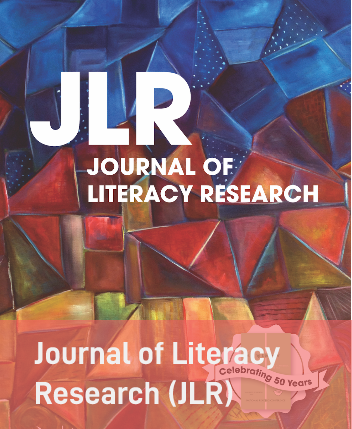Literacy Research: Theory, Method, and Practice, Vol. 72
Friendly Review Author Call
Scholars who present their work at the 2022 Conference, plan to submit their research to LR:TMP Volume 72, and have never before published in LR:TMP are invited to participate in the third year of the Friendly Review process.
What Is It
A Friendly Review is a less formal and unofficial review by a volunteer scholar who is committed to mentoring others. The goal is to help authors move closer to a publishable paper with feedback from a trusted friendly reviewer. With this initiative, the LR:TMP editors hope to encourage and support new submitters to LR:TMP, thus widening the LR:TMP tent to include even more of LRA’s diverse array of members, theoretical orientations, and methodologies.
When It Happens
October 28, 2022: Application for Friendly Review due.
November 14, 2022: Learn who your friendly reviewer will be this week.
November 30 – December 3: Manuscripts due to friendly reviewers. Authors present papers at the 72st Annual LRA Conference (required). Meet with your author(s) in person at LRA or virtually to discuss the one or two areas for which they would like your feedback.
January 13, 2023: Unofficial friendly review mentor feedback due to authors by this date, or by a mutually agreed upon date.
February 10, 2023: Submissions due to ScholarOne for official review.
How It Works
- LR:TMP Editors will connect authors with their mentors via email.
- The friendly review mentor will make arrangements to meet their author(s) virtually or in person during the conference.
- During this meeting, the author(s) will give the paper to the mentor and suggest one or two areas for which they wish to receive feedback.
- They will also agree upon a future date (before Jan. 13, 2023) to debrief after that mentor has had time to read the paper.
- The friendly review mentor will read the paper in preparation for the post-review meeting.
- The friendly review mentor will give constructive feedback on the agreed-upon focus areas with the intention of moving the paper closer to publication.
- Author(s) will submit their revised papers to ScholarOne by February 10, 2023 for an official double-masked peer review.
Please note: The Friendly Review and Official Review are completely separate processes.
If you would like to participate in the Friendly Review as an author, please fill out the Friendly Review Author Application at this link.
Questions? Contact Taylor Rose, Lead Editorial Assistant at lrtmp@ua.edu.










